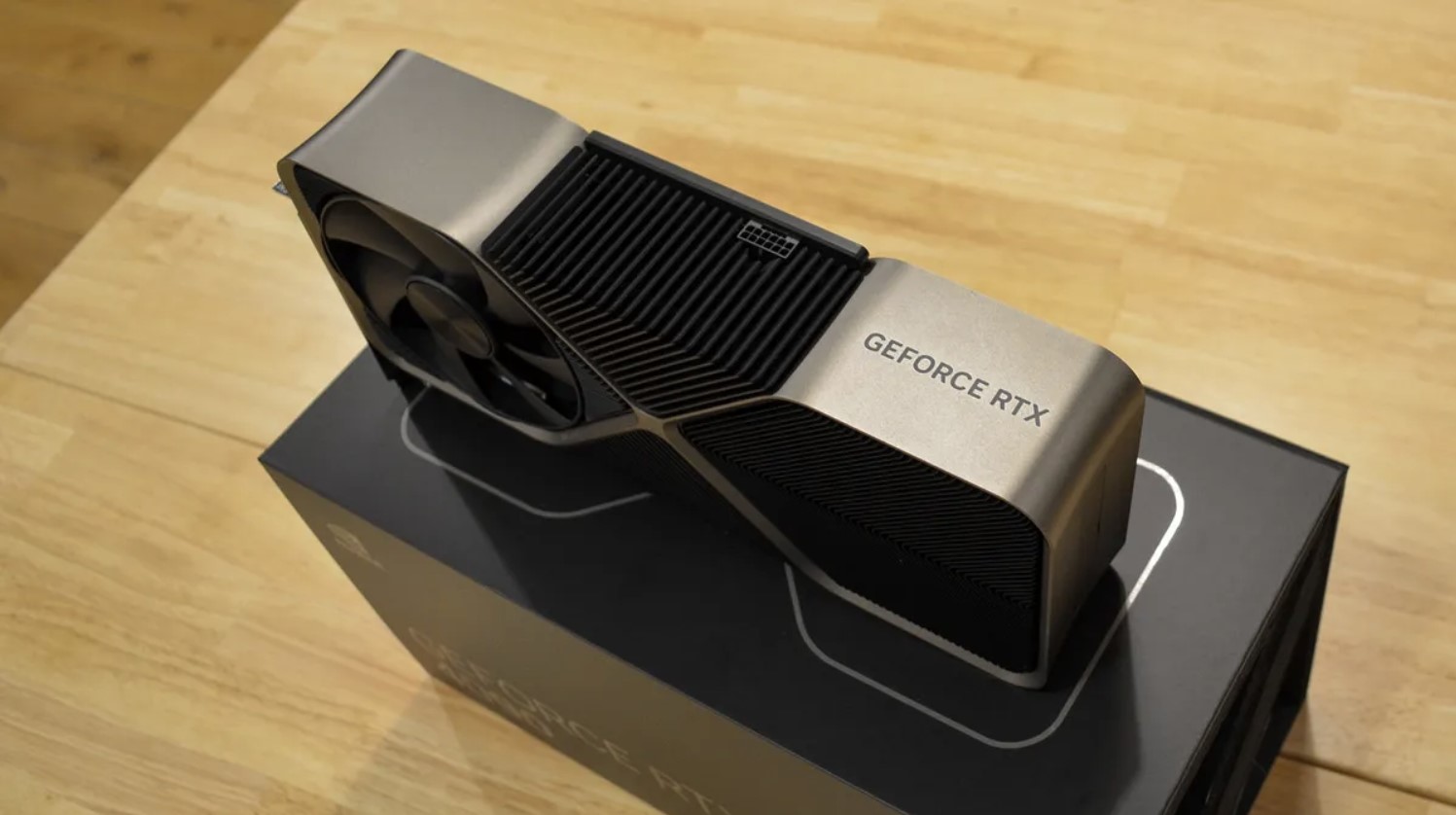Latest Nvidia RTX 5090 GPU rumors serve up a double scoop of bad news
Delay is on the cards – and next-gen Blackwell flagship could approach 600W of power usage (ouch)

Nvidia’s next-gen GeForce graphics cards might be delayed, and also Blackwell gaming GPUs could be saddled with higher power consumption than Team Green was originally planning – especially the RTX 5090.
As Wccftech reports, this supposedly follows changes Nvidia has been forced to make with the other side of the Blackwell equation, namely data center GPUs, which will purportedly have a knock-on effect for consumer graphics cards.
Chinese tech site MyDrivers tells us – add an appropriate amount of skepticism, a fair old dollop we’d suggest – that supply chain sources indicate RTX 5000 graphics cards are now delayed due to changes made to improve the yield of GPU chips (meaning avoiding producing too many duff chips, and wasting silicon).
We are not given any timeframe for the arrival of Blackwell gaming GPUs, we’re just told there’s a delay. The changes Nvidia has implemented, by the way, are thermal-related tweaks and involve redesigning the “top metal layer and bumps of the GPU chip” apparently.
That’s translated text, we should note, but you get the idea – rejigging was necessary to mitigate thermal issues for data center chips, and this design change also impacts Blackwell gaming chips.
Kopite7kimi also chimes in on this one, sharing a post on X that explains that the leaker heard further details on Blackwell GeForce GPUs recently, and that the range will have “some increase” in power usage – presumably due to the above mentioned changes?
I know you someone got the details of GeForce of Blackwell recently. Both of them all have some increase in power consumption, with higher SKUs increasing more.September 3, 2024
The leaker believes that higher-end Blackwell graphics cards will get a bigger hike in power consumption, particularly the RTX 5090 – but again, add plenty of seasoning.
Get daily insight, inspiration and deals in your inbox
Sign up for breaking news, reviews, opinion, top tech deals, and more.

Analysis: What happened to that rumored super-slim flagship GPU?
Unfortunately for those keen to see Blackwell gaming graphics cards from Nvidia as soon as possible, this news of a partial redesign for chips isn’t an isolated report of a potential delay for RTX 5000 GPUs.
In fact, we’ve heard this before a couple of times, and the theory that Nvidia may want to prioritize AI chips above GeForce makes a lot of sense – gaming cards aren’t where the big profits lie, after all. And it’s not like Nvidia must rush to keep gaming GPU dominance in performance terms either, seeing as AMD’s next-gen RDNA 4 graphics cards aren’t expected to compete above the mid-range space.
So, a CES 2025 reveal for the RTX 5090 and 5080 – consistently rumored to be the initial pair of products to debut with Blackwell – is seeming increasingly likely. (But still, don’t entirely rule out a launch late this year, as previously theorized – not yet anyway).
As for the suggestion of increased power usage, we’ve heard rumbling about this before, too, and the idea that the flagship RTX 5090 could run with a power consumption of 500W. According to Kopite7kimi in the above thread on X, though, it’ll be higher than that previous rumor – quite a bit higher. Someone replies to guess that the RTX 5090 might run with a 550W power usage, and the leaker says it’ll be more than this. So, are we looking at a 600W flagship for Blackwell, or approaching that level?
This isn’t unthinkable, after all – some big performance leaps are promised for the RTX 5090. And it won’t exactly be a concern for most folks, as only the most dedicated PC enthusiasts buy an Nvidia flagship GPU (at the cost of more than the average gamer’s entire PC). Hikes in power use should be a good deal less further down the Blackwell range, as noted, but it’s still a worrying hint of a bump in this department for all cards.
What’s also interesting is that this runs very much against some earlier rumors that claimed Nvidia is going to make the RTX 5090 a much slimmer graphics card compared to the RTX 4090 – and how that might work in terms of a trimmer cooling solution, yet an over 550W power usage. Something’s wrong somewhere, in other words, but we’ve always had difficulty believing some of the theories about the RTX 5090 being miraculously slim – time will tell.
You might also like
Darren is a freelancer writing news and features for TechRadar (and occasionally T3) across a broad range of computing topics including CPUs, GPUs, various other hardware, VPNs, antivirus and more. He has written about tech for the best part of three decades, and writes books in his spare time (his debut novel - 'I Know What You Did Last Supper' - was published by Hachette UK in 2013).